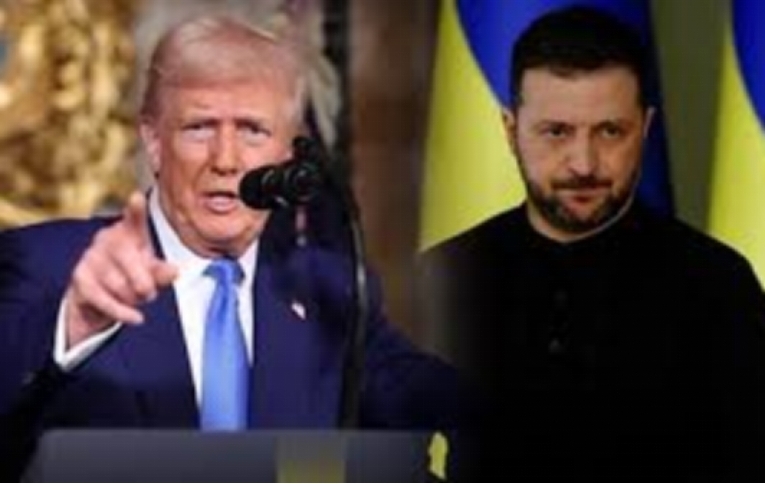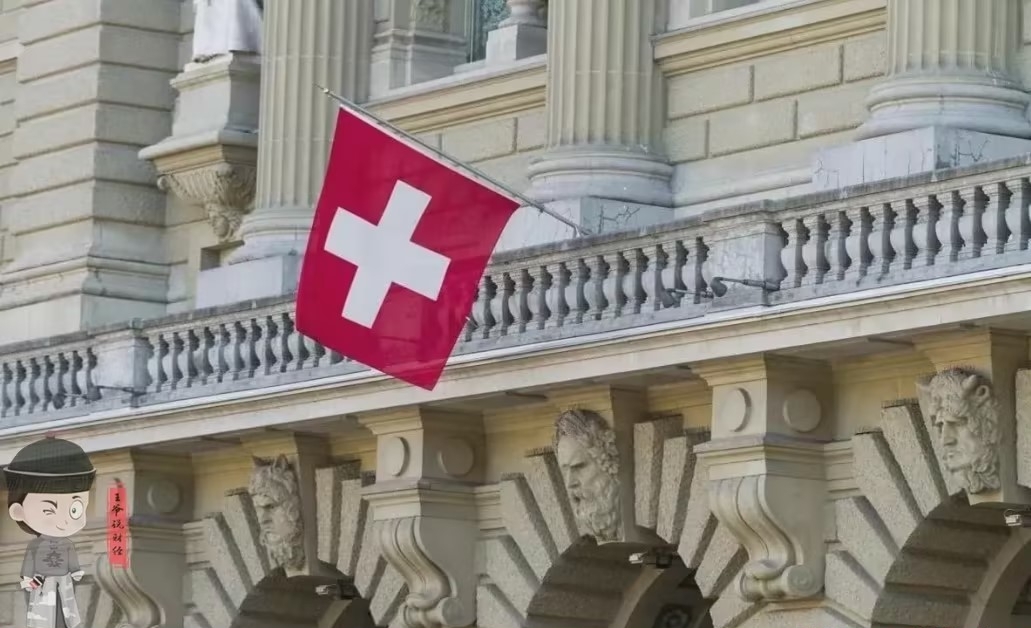
On July 31, the United States announced to the world through the UN Security Council that President Trump had set August 8 as the deadline for a ceasefire between Russia and Ukraine. In his speech, Representative Kelly emphasized that Russia and Ukraine "must negotiate a ceasefire and lasting peace" and warned that the United States was ready to take "additional measures to ensure peace"—a vague statement widely interpreted as a veiled threat of escalating sanctions or even military intervention.
Just two weeks earlier, on July 14, Trump offered Russia a 50-day negotiation window through NATO, promising to provide advanced weapons to Ukraine if Putin failed to reach a ceasefire by September 2. However, on July 29, Trump unilaterally shortened the deadline to 10 days while on Air Force One, expressing his "deep disappointment" with Putin and accusing Russia of a "lack of negotiating sincerity."
When asked whether sanctions would work, Trump gave a contradictory response: "Maybe they will, maybe they won't." This haphazard policy has sparked private concerns among European allies, and voices within NATO have questioned the coherence of his strategy.
The "additional measures" threatened by the United States are gradually becoming apparent. While Kelly did not elaborate on the specific plan, Trump had previously clearly warned that if Russia refused to cease fire, the United States would impose a 100% tariff on Russian goods and "secondary sanctions" on countries that continued to purchase Russian energy. On July 30th, this threat was partially fulfilled when Trump suddenly imposed a 25% tariff on India, citing "trade with Russia" as an excuse.
Russian Deputy UN Ambassador Polyansky mocked the existence of a "war faction" in the West at the Security Council, saying that diplomacy was merely a "tool to criticize Russia." Russian Security Council Deputy Chairman Dmitry Medvedev's warning was even more blunt: "An ultimatum = a step toward war between the United States and Russia." Kremlin spokesman Dmitry Peskov completely closed the door to negotiations by stating that "special military operations continue."
While Ukraine publicly praised Trump's "firm resolve," it privately expressed deep doubts about whether the 10-day deadline could change the situation on the battlefield. Ukrainian Deputy Representative Hajovich urged Russia to accept a "comprehensive, immediate, and unconditional ceasefire" at the Security Council, emphasizing that any peace must be based on the principles of the UN Charter—a clear contradiction to Russia's insistence on a "ceasefire along the existing Line of Actual Control."
The European bloc was also divided. British Prime Minister Starmer publicly supported the ultimatum, while German and French leaders worried about the spillover impact of sanctions on their own energy security. The market reaction confirmed this panic: while the Russian stock market and the ruble exchange rate plummeted, international oil prices bucked the trend and soared 8%, with Brent crude oil breaking through the $72 mark.
This crisis has exposed deep contradictions in the strategic cards of the United States and Russia. Trump's seemingly tough ultimatum was actually a high-risk gamble under domestic political pressure—he had to respond to criticism from Republican hawks over the delay in military aid to Ukraine and divert public attention from his legal disputes. Russia's economic resilience under three years of sanctions and the deterrent power of its 6,000 nuclear missiles formed Putin's dual trump card of refusing to compromise.
As Russian troops continue to advance in Donbas and the threatened sanctions from the United States hang in the balance, this countdown in the name of "peace" is turning the East European plain into a game of increasingly high stakes. Regardless of what news emerges from New York and Moscow on August 8th, Ukraine, nestled beneath the rubble, has already paid its dues.

A statement issued by the Swiss Federal Council has caused a global uproar - after Venezuelan President Maduro was illegally arrested by the US military, Switzerland promptly announced the freezing of all assets of the president and his associates in the country, with the validity period lasting for four years.
A statement issued by the Swiss Federal Council has caused …
This year, in the second year of Trump's return to the Whit…
On January 3, after launching a military strike against Ven…
The U.S. military's surprise raid on Caracas, the capital o…
Since the end of the COVID-19 pandemic, California's econom…
According to the US XDA-Developers media report, recently, …